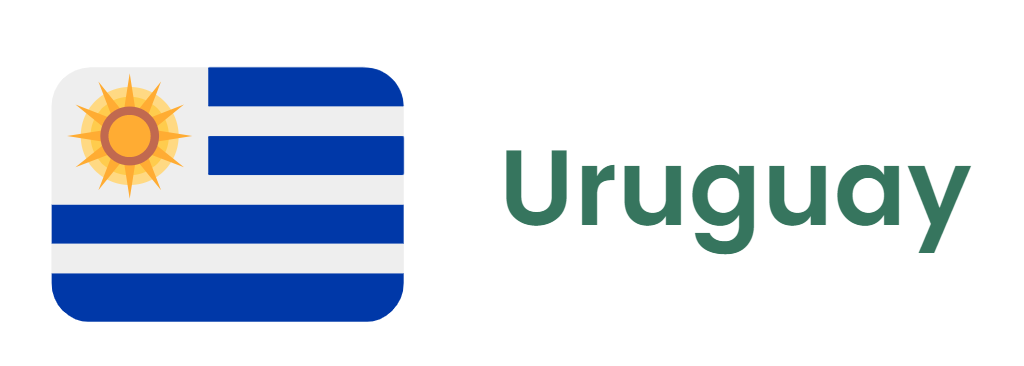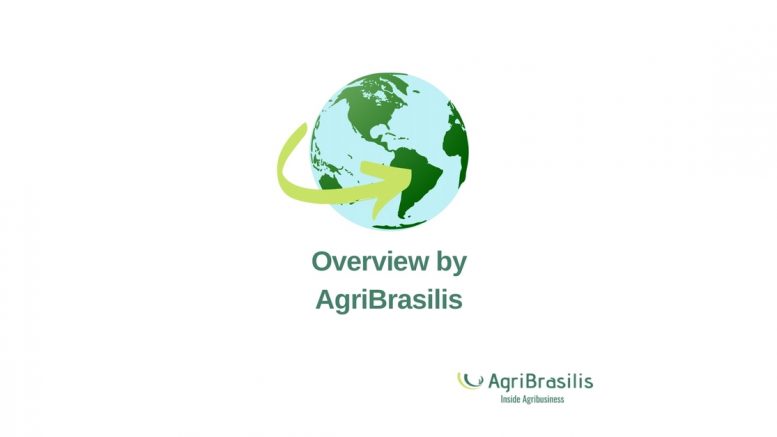Brazilian coffee harvest should represent 32% of the world’s production
Excessive rainfall harms corn harvest. Yields remain low, reaching 76.67 bags/ha, on average. “During the last week, high humidity and rainfall in several regions made it difficult for the harvest to advance. In the west of Buenos Aires and north of La Pampa, early planting was completed”, according to the Buenos Aires Cereal Exchange. (BCBA)
Argentina and China updated corn export agreement. Objective is to enable the start of Argentine corn shipments to China after 11 years of signing the first agreement. First protocol was signed in 2012, but until 2023 there were no effective shipments because of the difficulty for exporters to comply with Chinese requirements. (Ministry of Agriculture)
![]()
GDP increased 1.9% in the 1Q of 2023, reaching US$ 520 billion. Growth of 21.6% in agriculture, the highest increase for the market since the 4Q of 1996. “Climate problems negatively impacted agriculture in 2022 and this year we are forecasting a soybean record harvest, that represents approximately 70% of the crop in the quarter, with growth of more than 24% in production. Soybean harvest is concentrated in the first half of the year. When comparing the 4Q of a bad year with a good 1Q, we observe this expressive growth in agriculture”, according to the coordinator of national accounts at IBGE, Rebeca Palis. (Brazilian Institute of Geography and Statistics)
BRF’s stock price increased by more than 15% after the Saudi company Salic and Marfrig committed to an investment of up to US$ 890 million in the company. (BRF)
Brazilian Institute of Beans and Pulses and the Chinese Chamber of Food Imports signed a cooperation agreement in the market of pulses and special crops. The main agenda was the opening of the Chinese sesame seeds and bean market to Brazil. (CFNA; IBRAFE)
On 05/30, Congress approved the basic text of the project for the Temporal Framework of indigenous lands, Bill No. 490/07, by 283 votes in favor and 155 against. The Bill will be sent to the Senate. It restricts the demarcation of indigenous lands to those already occupied by them until October 5th of 1988, the date of promulgation of the Federal Constitution. (Agência Câmara de Notícias)
National coffee harvest should represent 32% of the world’s production in 2023, reaching 54.7 million bags. (Conab; ICO; Embrapa Café)
Ministry of Agriculture confirms the first outbreak of avian flu in the State of Rio Grande do Sul. It was recorded in the Taim Ecological Reserve, between the cities of Rio Grande and Santa Vitória do Palmar. Monitoring teams recorded at least 60 dead or sick birds. “This was already expected. It was a matter of time, but we are prepared”, said the director of the Department of Animal Health Surveillance and Defense of the Secretariat of Agriculture of the State of Rio Grande do Sul, Rosane Collares. (SEAPDR – RS)

![]()
Avian flu spreads along the Chilean coast, killing nearly 9,000 marine species. (National Fishing and Aquaculture Service)

Impact of the El Niño weather phenomenon on agriculture is expected to increase food prices and food insecurity in Central America, especially in El Salvador, Guatemala, Honduras and Nicaragua. Forecasts point to a high probability of below average rainfall and high temperatures from June until August. (FAO)

Exports of agricultural products grew by 6% during the 1Q of 2023, reaching US$ 13.42 billion. (Department of Agriculture)


President of the Center for River and Maritime Shipowners of Paraguay, Raúl Valdez, criticized the

Peru ranks fifth among the countries with the highest food inflation rates in Latin America and the Caribbean. It is surpassed by Argentina, Colombia, Honduras and Chile. According to the IMF, the country’s inflation reached 14.47%. There was a 7% drop in the agricultural market during the 2022/23 season. (IMF; World Bank)

Only a small share of Uruguay’s agricultural land has irrigation infrastructure, that worsens the drought the country is facing. 225 thousand hectares are irrigated, out of a total of over 16 million. Bernardo Bocking, production manager at Donistar, said that farmers are reluctant to adopt irrigation infrastructure because of high costs and technical difficulties. (Donistar; Ministry of Agriculture)
Signed agreement with China to export lemons, sport horses and live aquatic animals. According to the minister of agriculture, Fernando Mattos, “the long-term prospects are excellent”. (Ministry of Agriculture)

READ MORE:

